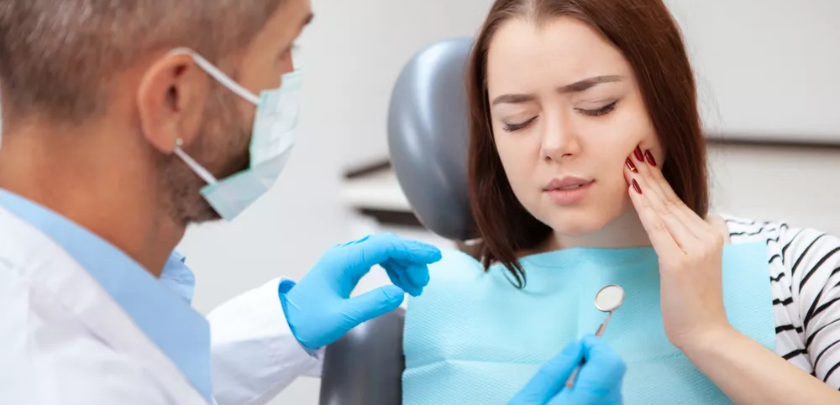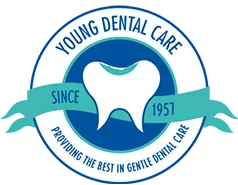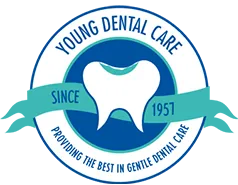How to Avoid Infection and Speed Up Recovery After Wisdom Teeth Extraction

Welcome to our blog post on how to avoid infection and speed up recovery after wisdom teeth extraction! If you’ve recently had your wisdom teeth removed or are planning to undergo this procedure soon, you’re in the right place. Wisdom teeth extraction is a common dental surgery that involves removing the third molars at the back of your mouth. While it may sound daunting, there are actually many benefits to having this procedure done. In this article, we’ll explore why wisdom teeth extraction is beneficial and provide you with valuable tips on preventing infection and speeding up your recovery process. So let’s dive in and ensure a smooth healing journey for those pearly whites!
What Is Wisdom Teeth Extraction?
- Wisdom teeth extraction, also known as third molar extraction, is a dental procedure that involves removing one or more of the four permanent molars located at the back corners of your mouth. These teeth typically emerge in early adulthood, between the ages of 17 and 25, which is why they are commonly referred to as “wisdom teeth.”
- Now, you may be wondering why these seemingly innocent teeth need to be extracted. Well, here’s the deal – our modern human jaws have evolved over time and become smaller than those of our ancestors. As a result, there often isn’t enough space in our mouths to accommodate these extra molars.
- When wisdom teeth don’t have enough room to grow properly or if they are impacted (stuck beneath the gum line), they can cause numerous problems. They may push against existing teeth, leading to misalignment and crowding. They can also increase the risk of infection due to their position at the back of your mouth where brushing and flossing might not reach effectively.
- To address these issues and prevent potential complications down the road, dentists often recommend extracting wisdom teeth before they cause any trouble. This proactive approach helps maintain overall oral health by eliminating potential sources of infection or dental misalignment.
- While wisdom tooth extraction is considered a routine dental procedure carried out under local anaesthesia or sedation if needed, it’s still essential to consult with your dentist or oral surgeon for an evaluation. Together with their expertise and guidance throughout this process, you’ll soon bid farewell to those troublesome third molars!
The Benefits Of Wisdom Teeth Extraction
- Wisdom teeth extraction may sound intimidating, but it actually offers several benefits for your oral health. These third molars often cause issues such as overcrowding, misalignment, and impaction. By removing them, you can prevent these problems from occurring or worsening.
- One of the main benefits of wisdom teeth extraction is the prevention of overcrowding. As they emerge in late adolescence or early adulthood, these extra teeth can push against existing teeth and disrupt their alignment. Removing them helps maintain a properly aligned smile and prevents the need for orthodontic treatment.
- Another advantage of wisdom teeth extraction is the prevention of tooth decay and gum disease. Wisdom teeth are notorious for being difficult to clean due to their location at the back of the mouth. This makes them prone to plaque buildup, which can lead to cavities and gum inflammation. By having them removed, you reduce your risk of developing these oral health issues.
- Additionally, extracting wisdom teeth can help prevent complications such as infections and cysts that can develop around impacted wisdom teeth. These conditions can be painful and require additional dental treatments if left untreated.
- Wisdom teeth extraction offers numerous benefits including preventing overcrowding, reducing the risk of tooth decay and gum disease, as well as avoiding potential complications associated with impacted wisdom teeth. Consult with your dentist or oral surgeon to determine if this procedure is right for you!
How To Prevent Infection After Wisdom Teeth Extraction
One of the most important things to consider after wisdom teeth extraction is preventing infection. While it’s common for some swelling and discomfort to occur, an infection can lead to more serious complications and delay the healing process. Here are some tips on how to prevent infection:
1. Follow proper oral hygiene: Gently brush your teeth, including the area around the extraction site, using a soft-bristle toothbrush. Avoid vigorous rinsing or spitting for at least 24 hours.
2. Use saltwater rinse: Mix half a teaspoon of salt in warm water and gently swish it around your mouth after meals or snacks to help keep the area clean and reduce bacteria growth.
3. Take prescribed antibiotics: If your dentist has prescribed antibiotics, make sure to take them as directed. This will help prevent any potential infections from taking hold.
4. Avoid touching the surgical site: Refrain from touching the extraction site with your fingers or tongue as this could introduce harmful bacteria.
5. Apply ice packs: Applying ice packs externally on your cheek near the extraction site can help minimize swelling and reduce pain.
6. Stick to soft foods: For a few days after surgery, stick to soft foods like soups, mashed potatoes, yoghurt, and smoothies that don’t require much chewing.
7. Stay hydrated: Drink plenty of fluids but avoid using a straw as sucking may dislodge blood clots that form during healing.
By following these preventive measures diligently, you can greatly reduce the risk of developing an infection post-wisdom teeth extraction! Remember that each individual’s recovery process may vary slightly; therefore consulting with your dentist is crucial for personalized advice tailored specifically for you.
How to speed up your recovery from wisdom teeth extraction
- Recovering from wisdom teeth extraction can be a bit uncomfortable, but there are several things you can do to help speed up the process. One of the most important steps is to follow your dentist’s aftercare instructions closely. This may include taking pain medication or antibiotics as prescribed.
- To reduce swelling and discomfort, it’s recommended to apply an ice pack to your face for 15 minutes at a time, with breaks in between. Keeping your head elevated while sleeping can also help minimize swelling.
- Maintaining good oral hygiene is crucial during recovery. Be sure to brush your teeth gently, avoiding the surgical area for the first few days. Rinse your mouth with warm saltwater every few hours to promote healing and keep bacteria at bay.
- Eating soft foods like yoghurt, mashed potatoes, and soup will make chewing easier while minimizing irritation on the surgical site. Avoid hot beverages and spicy foods that could irritate the area.
- Give yourself plenty of rest and avoid strenuous activities for a few days following surgery. By allowing your body time to heal and recover properly, you’ll be back on track in no time!
Taking care of your oral health is essential, especially after wisdom teeth extraction. By following the tips mentioned in this article, you can prevent infection and speed up your recovery process.
Remember to follow your dentist’s instructions and maintain good oral hygiene practices throughout the healing period. Avoid smoking, consuming hard or crunchy foods, and excessive physical activity that could disrupt blood clot formation.
By keeping the extraction site clean with gentle rinsing and saltwater solution, using ice packs to reduce swelling, taking prescribed pain medications as directed by your dentist, eating soft foods for a few days, and staying hydrated – you are giving yourself the best chance at a smooth recovery.
While it is common to experience some discomfort during the healing process after wisdom teeth removal, if you notice any severe or prolonged symptoms such as excessive bleeding or pus discharge from the site, contact your dentist immediately.
Remember that everyone’s recovery may vary slightly based on individual factors. Be patient with yourself and allow ample time for proper healing. Before you know it, you’ll be back to enjoying life without those bothersome wisdom teeth!
If you have any concerns or questions about your post-extraction recovery journey or need further advice tailored specifically to your situation, don’t hesitate to reach out to your dental professional. They are there to support you every step of the way!
Take control of your oral health today by scheduling an appointment with a trusted dental professional who can guide you through all aspects of wisdom tooth extraction – from pre-operation preparation to post-operative care – ensuring a comfortable experience and optimal results!
Recent Posts
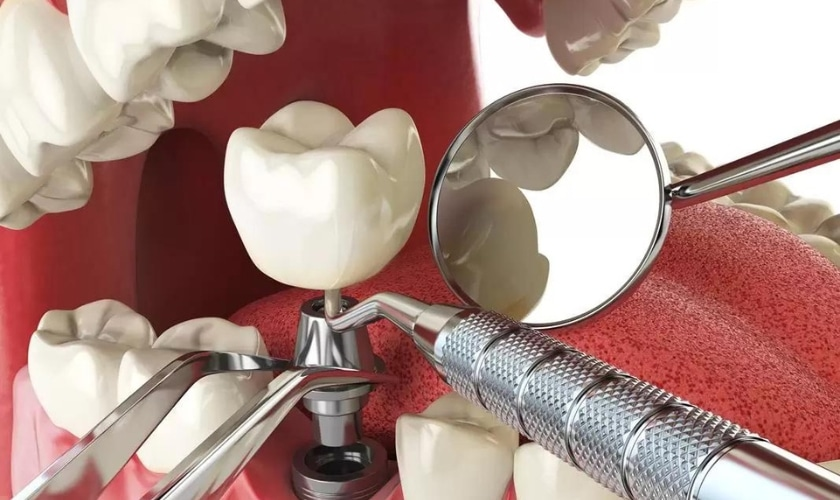
Why Is One Tooth Implant So Expensive
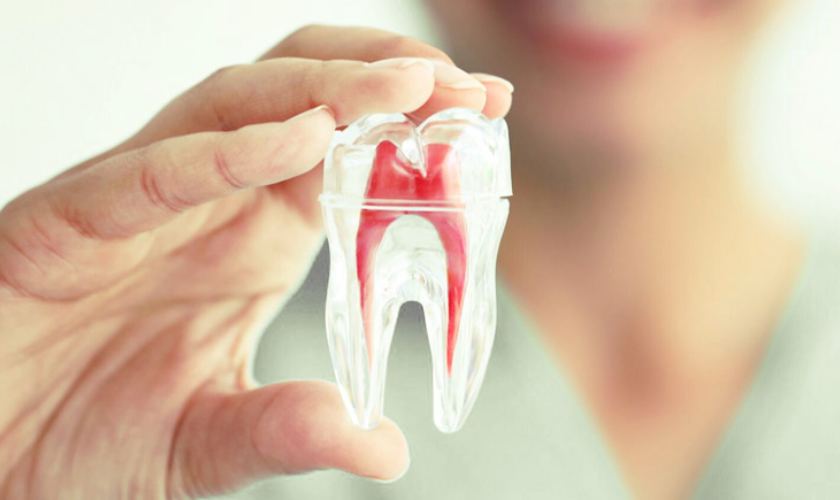
Does The Tooth Pain Increase Days After Root Canal Treatment?
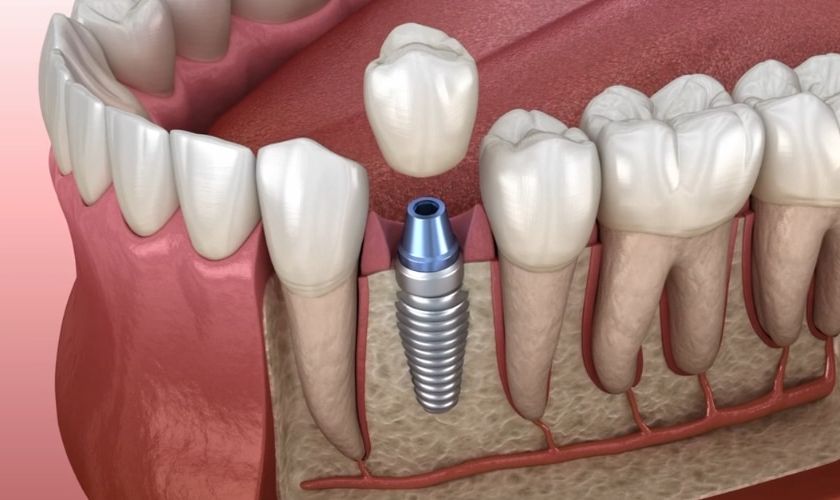
What Are The 3 Stages Of Dental Implant?
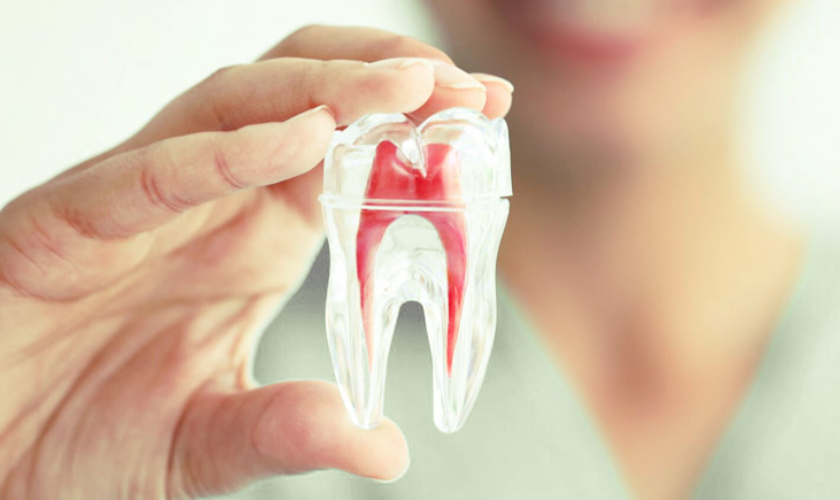
7 Common Signs You Need a Root Canal
